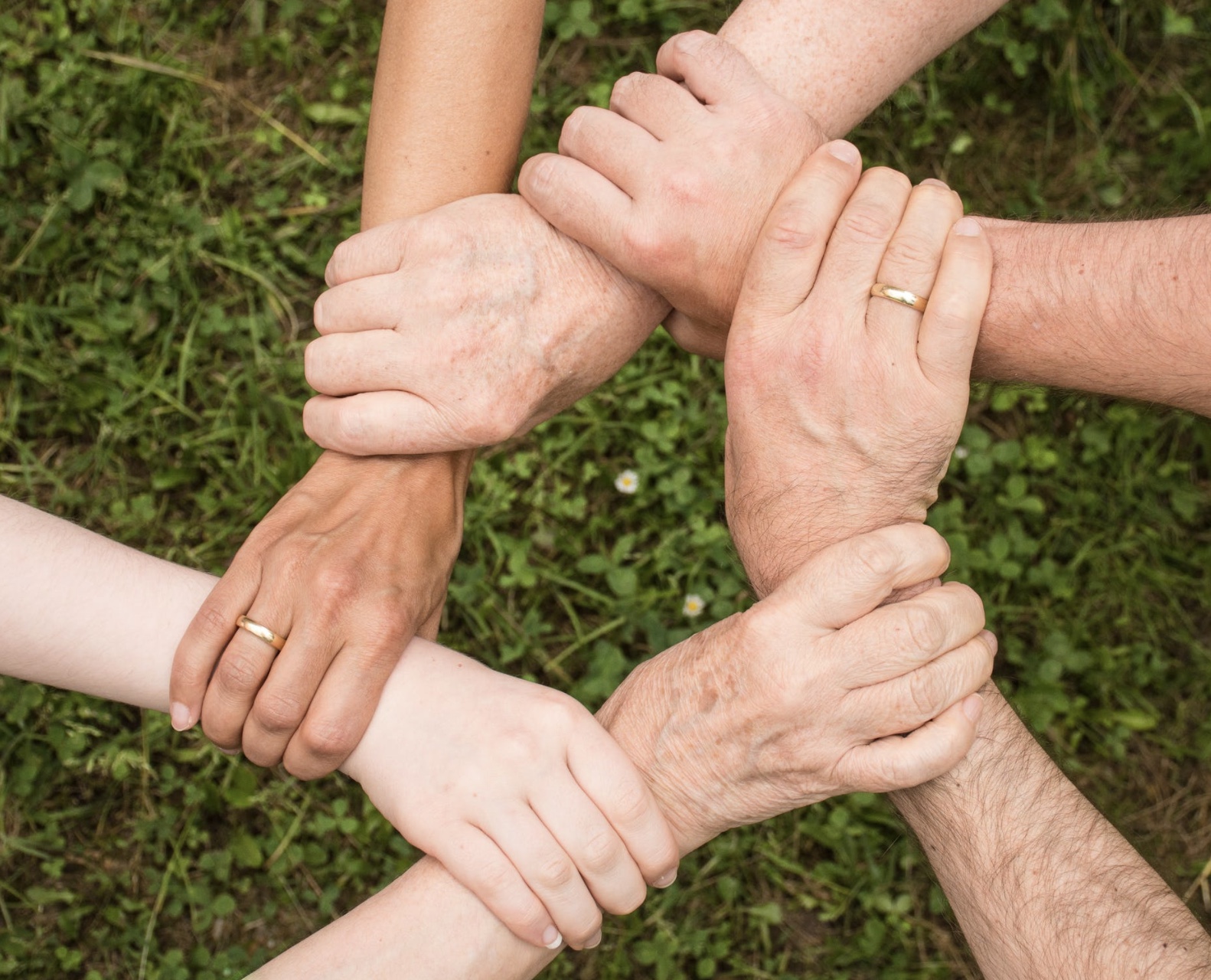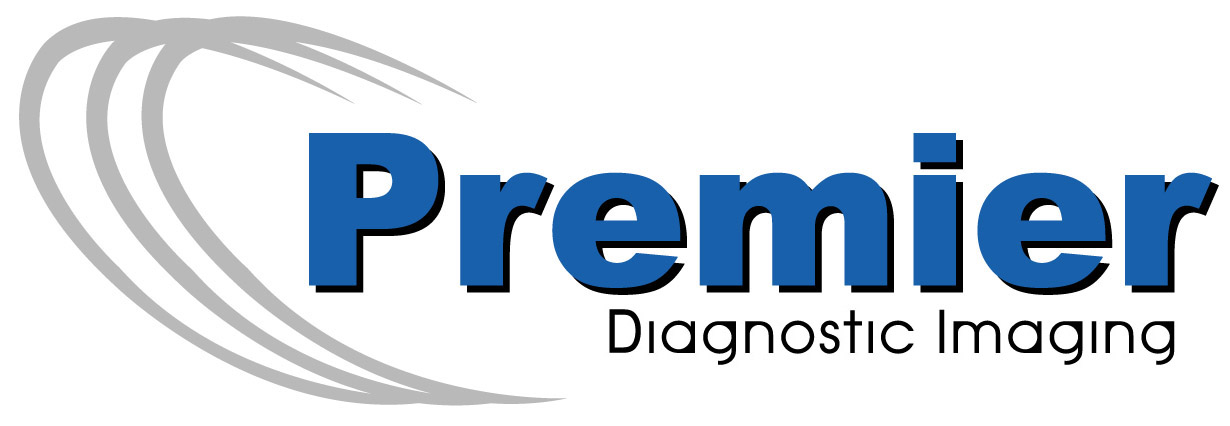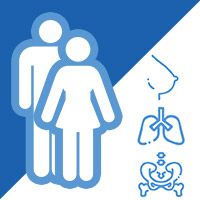Do You Know Your Family Health History?

If you have a close family member with a chronic disease, such as heart disease, diabetes or cancer, you may be more likely to develop that disease too. Sharing your family health history is a meaningful way to protect your health.
You can help protect yourself from these diseases by learning about them and taking action. The more you know about your family’s health history, the better prepared you will be.
Sharing this history with immediate family members is important too. The information helps everyone understand their health risks and how best to prevent them or manage them. It’s an easy way to help improve health outcomes in our families.
Knowing and acting on your family health history could save lives!
What is a Family Health History?
Family health history is a record of diseases and health conditions that have been present in a family over many generations. The history may also include information about successful treatments and useful medications. These details can be crucial for doctors who are trying to diagnose the causes of genetic diseases and other illnesses.
Why is Knowing Your Family History Important?
Knowing your family’s health history can help you understand which diseases you might have an increased risk for. It can also help you talk with your doctor about the best way to manage those diseases.
Many chronic diseases have a genetic component which means that they run in families. For example, if your mother had breast cancer, there’s a chance that you might get it as well. Knowing this can help you stay vigilant and discover it earlier when treatment is more effective.
Your Step-by-Step Guide to Creating Your Family Health History
Collecting your family health history is simple. Start by gathering the names of your family members. Include parents, siblings (including half-brothers and sisters), grandparents, aunts, uncles, nieces, and nephews. Try to get information for at least three generations. (For example, your parents, your grandparents, and your great grandparents).
- For each person on your list, gather information about their sex, age at death, and ethnicity. Ethnicity is important because some diseases are more prominent among certain races and ethnic groups.
- Next, talk to your family members. Family gatherings are a great time to do this because everyone will benefit. Learn about which health problems each person has currently and has had in the past. Also, ask them how old they were when each condition was first diagnosed.
- Start with major diseases and conditions like cancer, diabetes, heart disease (high blood pressure), kidney disease, stroke, and obesity. Also include things like congenital disabilities and things like blindness or deafness.
- Then, ask about chronic conditions like allergies, asthma, frequent colds or migraines.
- Include information on pregnancies and fertility issues like miscarriages, stillbirths, and infertility.
- Lifestyle issues matter too. Ask about things like diet, exercise, tobacco use, alcohol use, and depression and anxiety.
- And though it may be difficult to talk about, include information about mental health issues like dementia and Alzheimer’s, PTSD, suicide (or attempted suicide).
- Make a note of conditions that began earlier than usual or that are common among several family members.
- Don’t forget to include yourself! List any chronic diseases or conditions you have. This is the most crucial part because it will help your doctor understand your risks and what you can do to stay healthy.
How Do I Share My Family Health History with My Doctor?
Many doctors ask basic questions about family history on their intake forms. However, this information often skims the surface. Since a complete family history can help your doctor keep you healthy, tell your healthcare provider you have prepared a medical history and ask them to review it with you.
It’s Your Turn to Act
It’s not enough to just know your family health history. You need to take action on that knowledge, too! If you have a close relative with a chronic disease or other significant condition, you may be more likely to develop it yourself.
While you can’t change your genes or family medical history, you can make lifestyle changes to lessen your risk of developing certain diseases. For example, you can eat healthier foods, exercise more, or quit smoking.
Staying up to date with your screening tests can also help you stay healthier. If your family history includes diabetes, get screened. Schedule your mammogram and get that colonoscopy!
Be sure to share your family medical profile with your healthcare professional too. The information you provide can help your doctors determine if you need more or different types of screenings. Plus, the information can help them guide you to the best lifestyle changes for you.
Medically reviewed by: Dr. Seth Means.
Sources and Resources:
Family Health History: The Basics
https://www.cdc.gov/genomics/famhistory/famhist_basics.htm
Knowing and Recording Your Family Health History
https://www.mayoclinichealthsystem.org/hometown-health/featured-topic/knowing-and-recording-your-family-health-history






